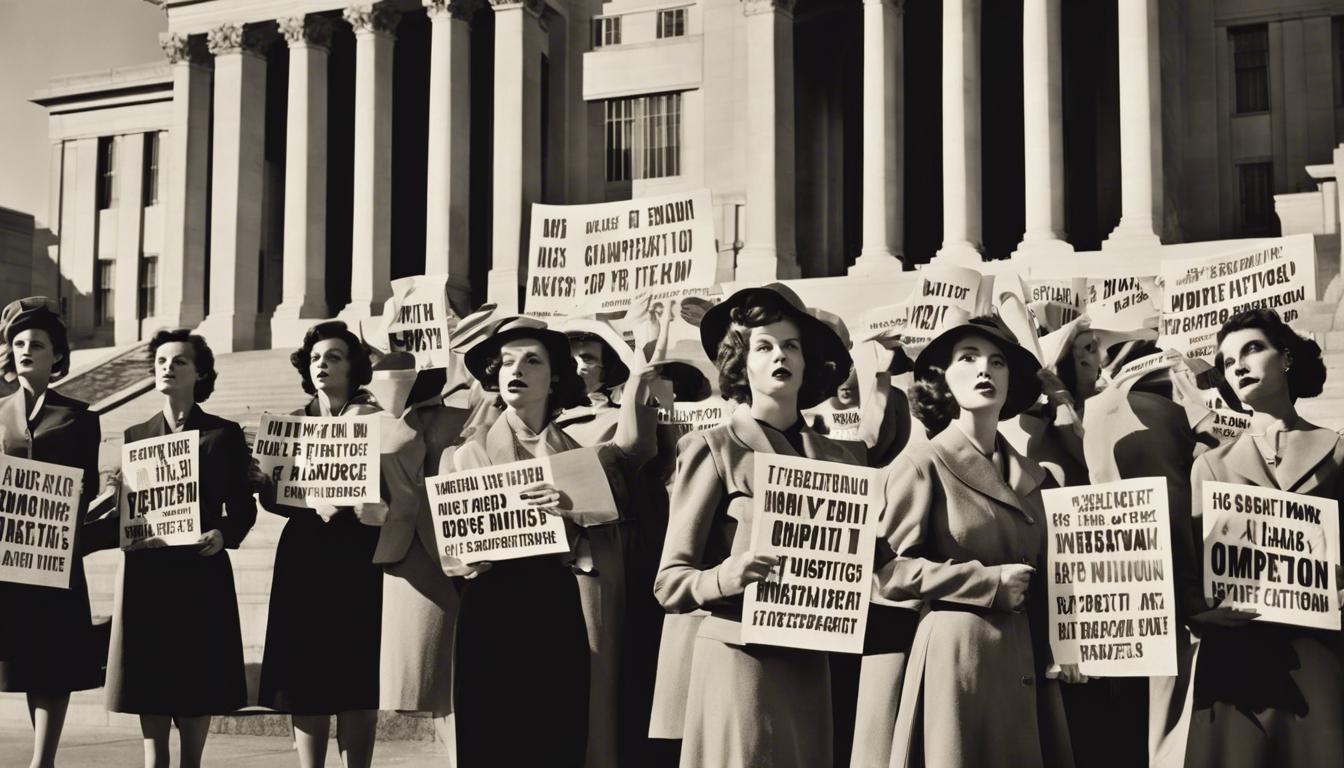An investigation by the Parliamentary and Health Service Ombudsman has found the Department for Work and Pensions guilty of maladministration in informing women born in the 1950s about changes to their state pension age, leaving many facing unexpected financial and emotional challenges.
A Parliamentary and Health Service Ombudsman (PHSO) report has highlighted the Department for Work and Pensions’ (DWP) failure in effectively communicating state pension age changes to women born in the 1950s. The report concluded that such inadequate communication amounted to maladministration, causing confusion and distress among the affected women. However, it also noted that the communication failures did not directly cause financial losses, a stance that has led to controversy.
The DWP has been reluctant to offer compensation to the affected groups, particularly the Women Against State Pension Inequality (Waspi) campaigners, despite the PHSO’s recommendation for compensatory payouts ranging from £1,000 to £2,950. This recommendation has been met with disappointment from those affected, who argue that the amount fails to adequately compensate for the financial and emotional struggles they have endured due to the lack of timely notification about changes to their retirement age.
Reflecting the widespread impact of this issue, various individuals have shared their challenging experiences. Hilary Simpson spoke about the significant adjustments she had to make to her retirement plans and the psychological toll of feeling misled by the government. Other women, including Carole Cooper and Audrey Evans, have similarly voiced their frustrations, highlighting the personal and financial hardships caused by the pension age adjustments.
The PHSO has called on Parliament to ensure the affected women receive the compensation they deserve. While there is significant support from politicians across different parties for the compensation push, there are concerns about the DWP’s potential non-compliance with the PHSO’s recommendations. Financial and political experts have stressed the complexity of the situation and the need for a swift and fair resolution to provide redress to the affected women.
The issue has become a focal point for broader discussions on government accountability and the treatment of women in pension policies, with many affected individuals and advocacy groups continuing to fight for fair compensation.













